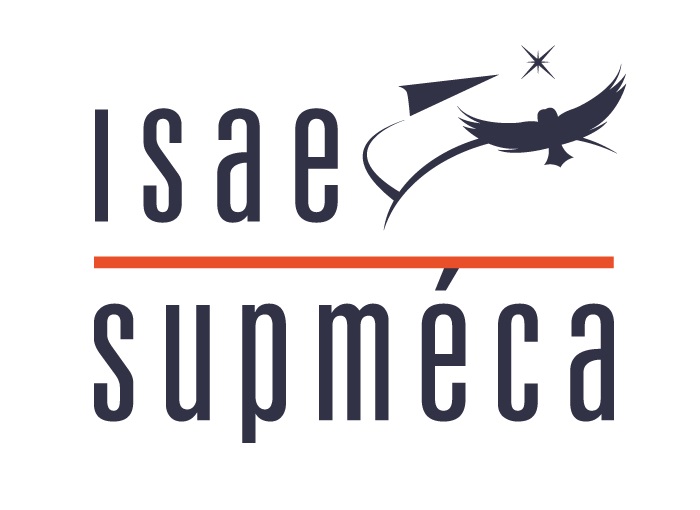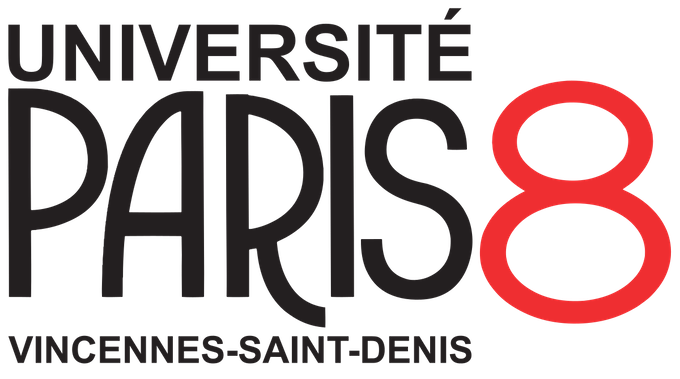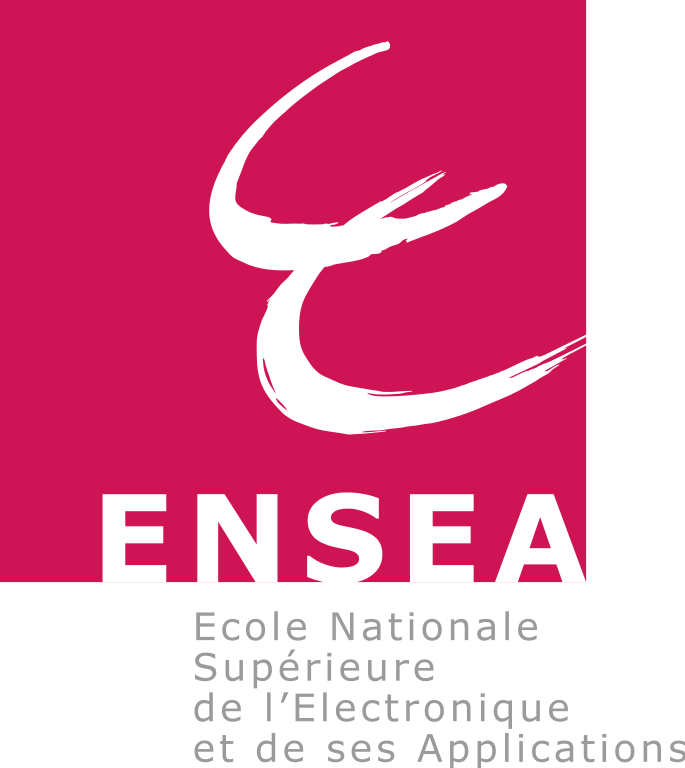Séminaire de Najeh DAMMAK, SD, 13/01/2022
Nous avons le plaisir de vous annoncer le séminaire de
Najeh DAMMAK, portant sur "The electric vehicle routing problem", thème Systèmes Durables.
Le 13/01 à 13h15 via Teams.
Résumé :
The convergence of electrification for the distribution of any supply chain will introduce opportunities to enhance the operation and logistic efficiency of the transportation systems. Vehicle routing plays a crucial role in attaining a competitive advantage for a company by being cost-efficient or responsive. Transportation, as a fundamental logistics activity, accounts for a significant portion of the final cost of goods and accounts for one-third to two-thirds of the cost of logistics. Recently, the literature has shifted toward the adoption of more cost-efficient autos in terms of activation cost, energy cost, etc. Electric vehicles are distinguished by their high energy efficiency and lack of polluting gas emissions. However, electric vehicles still face several challenges such as the limited driving range, the long recharging time, and the high acquisition cost. In practice, the incorporation of the electric vehicle into the logistics system is to minimize all costs, which indirectly results in profits and improved services. In the first step, we incorporate the most significant features in real-world logistics applications : real-penalty cost, partial recharging policy, Time Windows restriction, and request satisfaction. Also, we provide a mathematical calculation that presents the realistic penalty for the electric vehicle routing problem with discretized time windows. In the second part of this study, a realistic assumption is addressed, in which EVs can drive at various speeds when moving from one consumer to another. When the speed is high, the charge is quickly exhausted, and only a few consumers are served on a trip. When the speed is slow, the charge is slowly depleted, allowing more customers to be accommodated on a trip. As a solution method for this multi-objective function, we present it as mixed-integer linear programming. Numeric experiments are carried out upon a set of well-known benchmarking test instances. Our proposed MILP provides optimal solutions for all small- and large-scale benchmark instances with a CPLEX solver.
En vous souhaitant un très bon séminaire,
Cordialement,
Équipe de valorisation scientifique de QUARTZ



